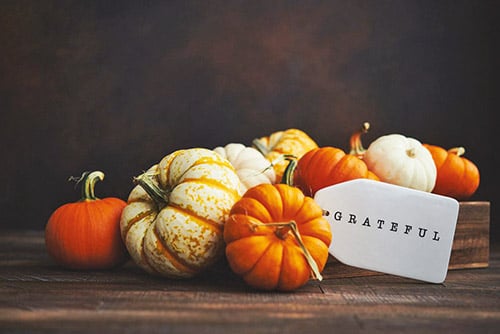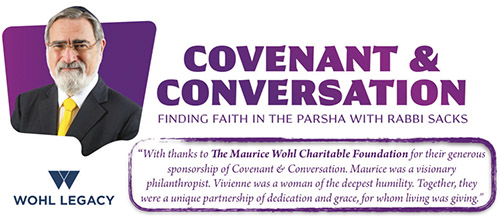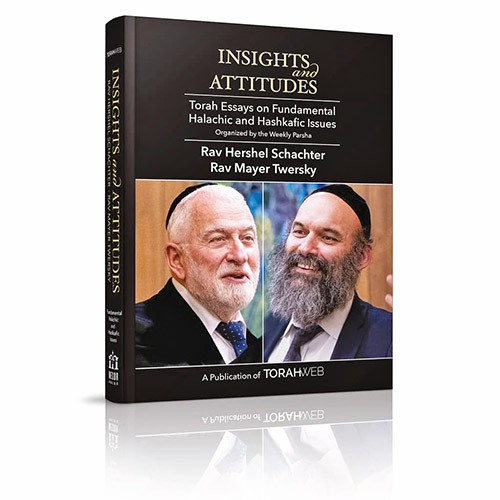
Two Trepidations
Twice in his life Yitzchak Avinu trembled with great trepidation. The midrash (Bereishit Rabbah 67b) tells us that the first time was at the Akedah

Twice in his life Yitzchak Avinu trembled with great trepidation. The midrash (Bereishit Rabbah 67b) tells us that the first time was at the Akedah

When Yaakov was given his blessing (27:28), he was told ויתן לך האלקים, “God shall grant you the dew of the heavens …” When his

During a two-day deep dive into OU kosher’s policy to certify “dairy English muffins,” a thoughtful talmid raised a fundamental question: Does Hashem truly care

Parshat Toldot is very perplexing: How could Esau sell his birthright for a pot of lentil stew? How could Yitzhak be oblivious to Esau’s faults?

In last week’s parsha of Chayei Sarah, one of the themes we encounter is how Avraham plans for the continuity of the Jewish people through

וְאֵלֶּה תּוֹלְדֹת יִצְחָק בֶּן־אַבְרָהָם אַבְרָהָם הוֹלִיד אֶת־יִצְחָק׃ “And these are the generations of Yitzchok, the son of Avraham, Avraham begot Yitzchok.” (Bereishis 25:19) On this

Thanksgiving is a non-Jewish holiday which is so charming that it deeply resonates with religious Jews. The holiday is not overtly Christian, but, instead, is

The Netziv (Naftali Zvi Yehuda Berlin, 1816–1893, dean of the Yeshiva in Volozhin) made the astute observation that Isaac and Rebecca seem to suffer from

Parshat Toldot introduces a new phase in Sefer Bereishit and in the lives of our avot and imahot. Beginning with our parsha, we are witness

Festive gatherings at 770 Eastern Parkway in Crown Heights, Brooklyn, Chabad-Lubavitch world headquarters are, and have always been, lively, meaningful and full of holy excitement.

Editor’s note: This series is reprinted with permission from “Insights & Attitudes: Torah Essays on Fundamental Halachic and Hashkafic Issues,” a publication of TorahWeb.org. The

אָמַר לָהֶם (רַבָּן יוֹחָנָן בֶּן זַכַּאי), צְאוּ וּרְאוּ אֵיזוֹהִי דֶרֶךְ יְשָׁרָה שֶׁיִּדְבַּק בָּהּ הָאָדָם? רַבִּי אֱלִיעֶזֶר אוֹמֵר, עַיִן טוֹבָה. רַבִּי יְהוֹשֻׁעַ אוֹמֵר, חָבֵר טוֹב. רַבִּי